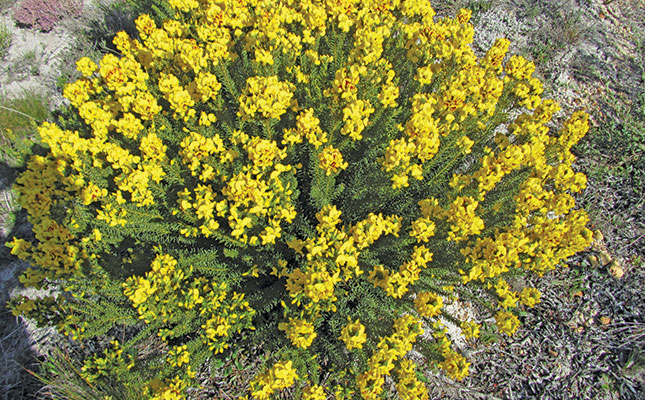
Photo: FW Archive
Demand for honeybush tea has declined dramatically since the introduction of the COVID-19-related lockdown regulations, with an influx of new entrants to the industry adding to price pressure.
Eugene Smith, chairperson of the South African Honeybush Tea Association (SAHTA), said the industry had seen an almost weekly increase in the number of new entrants.
“The industry is concerned [about] the high number of new entrants, who see honeybush as a ‘get-rich-quick fix’ and are more focussed on quantities than the quality of the tea. They also tend to plant fast-growing varieties that are generally inferior in quality [compared with] the slower-growing varieties,” Smith said.
The demand for honeybush had therefore not kept up with the rise in output, remaining relatively stagnant at 350t a year for the past five years. The situation was exacerbated by the lockdown, resulting in supplies at processors increasing due to a decline in sales.
“The volume of tea required to meet the market demand is still uncertain. The majority of processors have adjusted their prices downward by roughly R1/kg, but have also encouraged growers and harvesters to rather hold back supplies. Roughly 70% of the tea is still harvested from the wild,” he added.
Mona Joubert, co-owner of Agulhas Honeybush Tea, said that her operation had also experienced a drop in sales during the first half of the lockdown.
“Everything is uncertain, not only in South Africa but internationally. While honeybush has numerous health benefits, our overseas buyers are buying significantly smaller volumes than before, probably to test the water before returning to business as usual, which is understandable.”
She said, however, that she believed the influx of new entrants could be advantageous for the industry as there was a significant demand for honeybush, provided the quality was of a good standard.
“Agulhas Honeybush Tea has extremely high quality and production standards to ensure we only supply the market with the best organic honeybush tea produced from the coastal species.”
Joubert added that that processors could not afford to take shortcuts by shortening oxidation time, or raising temperatures during the oxidation process, as this would damage the honeybush market as an inferior product would be produced.











